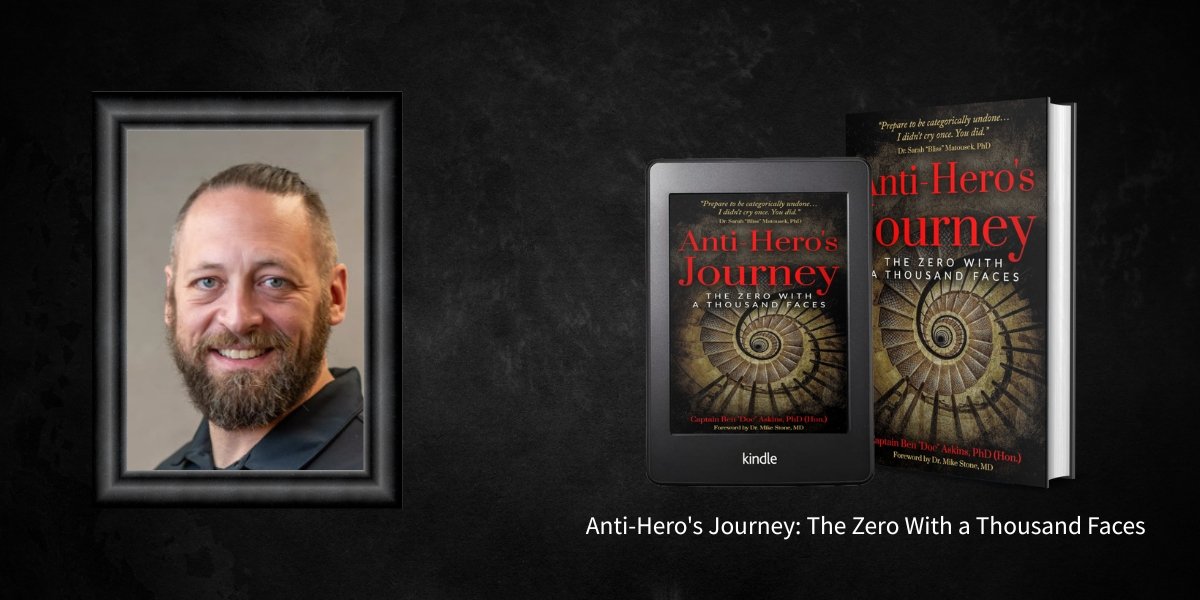By: Anne Baker
Higher education is at a critical turning point, with soaring tuition costs, declining student enrollment, and questions about the true value of degrees.
The Beginnings of a Common-Sense Approach
Amberton University’s foundation is built on meeting the practical needs of adult learners. Dr. Hebbard, whose own family connections to the university trace back to its earliest days, understands deeply how Amberton’s unique educational model addresses real-world demands.
“My uncle was the President of Christian College of the Southwest, which was struggling and eventually evolved into Amberton,” Dr. Hebbard explains. “Dr. Douglas Warner envisioned an adult university in Dallas when none existed. It addressed a practical need for adult education as Dallas was booming.”
Today, Amberton University remains committed to its original vision: providing accessible and affordable education to mature students.
According to Dr. Hebbard, Amberton University “was built from the ground up to help working adults advance.” He notes how the university continues to evolve while staying true to its mission.
Practical Education with Real-World Relevance
Amberton distinguishes itself by directly linking classroom teachings to real-life applications. Dr. Hebbard, who specializes in Counseling and Human Behavior, highlights this as a critical strength.
“The students here are serious,” he states. “And they’re here because they want the kind of practical knowledge that they can immediately apply to their lives and careers.”
With extensive professional experience in marriage and family therapy, Dr. Hebbard brings real-life case studies directly into the classroom. “A student might ask a question about a family therapy scenario, and I’ll have a current case I’m working on that directly relates to that,” he explains. “That’s exactly how education should function: connecting academic theory with practical application.”
Accountability Over Tenure
Unlike traditional institutions, Amberton does not offer tenure to its faculty. This structure keeps professors accountable, fostering continual professional development and ensuring they remain actively engaged with current practices and innovations in their fields.
Dr. Carol Palmer, Amberton University’s current president, explains that Amberton’s “lack of tenure” is significant.
“Faculty members have to continuously demonstrate their value and effectiveness in the classroom,” she says. “It keeps everyone current and accountable.”
This accountability directly increases the quality of education students receive, as professors remain consistently motivated to improve their skills and adapt to evolving educational needs.
Healing Institutions Through Common Sense
Beyond academia, Dr. Hebbard’s expertise extends to organizational consulting. His work focuses on healing institutions damaged by poor leadership.
“Just as therapy helps heal families and individuals, it can also heal organizations,” Dr. Hebbard explains.
He stresses the importance of adaptability, clear communication, and empathy as key qualities of successful leaders.
“In institutions, like families, adaptability is key,” he says.
Dr. Palmer agrees.
“Organizations experience trauma and difficulties,” she says. “Just like individuals. Addressing those problems honestly and practically allows institutions to move forward.”
Amberton exemplifies these principles in its operations. The University’s commitment to a transparent, accountable leadership structure reflects precisely the practices Dr. Hebbard advocates in his counseling and consulting roles.
The Future of Higher Education at Amberton
Amberton University is positioned uniquely to continue leading higher education into a more accountable and common-sense-driven future. Dr. Hebbard shares that he’s quite pleased with the university’s responsiveness to evolving student needs. He believes that this, coupled with their increasing online offerings, will be central to Amerton’s ongoing success.
“Amberton transitioned swiftly to online learning even before the pandemic,” Dr. Hebbard remembers.
“When COVID hit, we transitioned all remaining classes online within 72 hours,” Dr. Palmer adds. “That adaptability and commitment to meeting student needs is at the heart of Amberton’s approach.”
Additionally, Dr. Hebbard highlights the ongoing expansion and diversification of counseling and therapy education as an area of particular strength and growth for Amberton. “The counseling field is rapidly growing, and Amberton’s programs are right at the forefront of preparing qualified, capable professionals,” he states.
A Quiet Institution Stepping into the Spotlight
Dr. Hebbard proudly notes Amberton’s historically modest approach to publicity, despite its exceptional offerings. “We’ve often called ourselves the best-kept secret in Texas,” he shares. “But our programs are strong, our faculty is exceptional, and the affordability is unmatched.”
As Amberton steps into a more visible role in higher education, led by Dr. Palmer and faculty members like Dr. Hebbard, the university is ready to leave its mark.
“It’s about time people heard more about what Amberton offers,” Dr. Hebbard says confidently. “Our model of “common-sense education” is precisely what higher education needs right now.”
With this clear and grounded vision, Amberton University is indeed poised to lead by example, demonstrating how higher education can be both effective and accountable. And, ultimately, returning to what truly matters: practical knowledge, affordability, and real-world results.
Disclaimer: The information provided in this article is for informational purposes only and does not constitute business, legal, or professional advice. The views expressed in this article are based on Amberton University’s public statements and practices. Readers are encouraged to perform their own research and consult appropriate professionals before making decisions based on this content.












